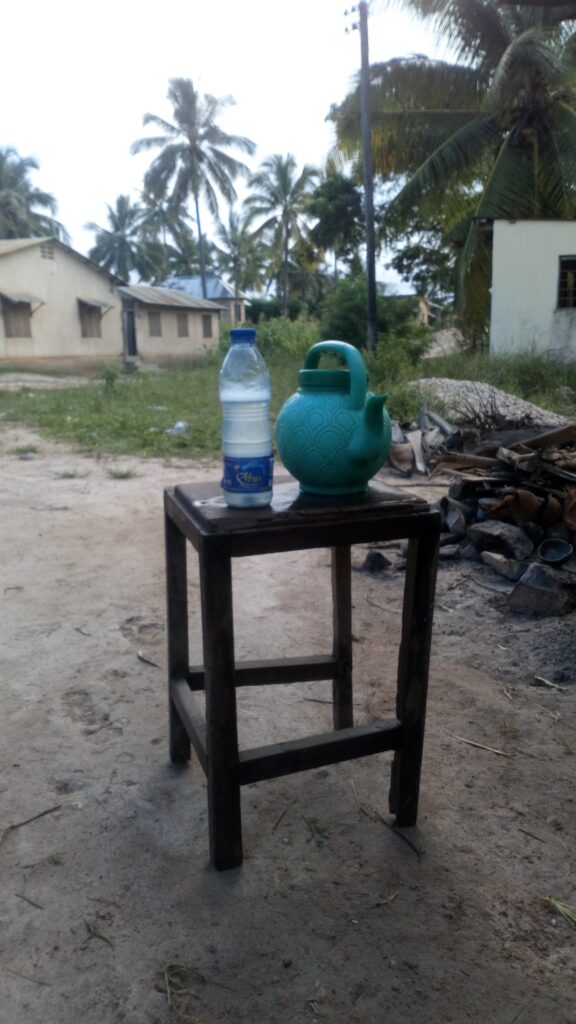This is a blog post I had not anticipated writing when I left for fieldwork in January 2020. Even though the coronavirus was already spreading quickly in and beyond China at the time, the world was not yet preparing for a pandemic. I also did not reckon with the possibility it would affect my fieldwork. The virus was furthermore relatively late in reaching Tanzania, with the first case reported on March 16 only. Until now there are only 299 confirmed cases. Nor has Tanzania as yet imposed a lockdown. Even though some measures have been taken, such as the closing of schools and the cancellation of events, the government has been reluctant to take measures that heavily impact the economy. Nevertheless, this global crisis has already had severe local repercussions in Tanzania’s southern regions. It has affected my fieldwork massively, as perhaps also noticeable from the recent lack of blog posts.
Only a few weeks into my fieldwork, the first cases of Covid-19 were reported and I as of end of March decided not to travel far anymore within Tanzania. This implied I could not follow itinerant traders, as I had hoped to do. I could also not travel to Dar es Salaam, one of my main research sites. Such a trip would also have made little sense at this stage: the libraries and archives I planned to visit were now closed for visitors. Moreover, I would not have risked going to the extremely crowded second-hand clothing market where I had planned to conduct interviews and observations.
From beginning of April, I contemplated leaving Tanzania, which became increasingly difficult. I have recently indeed cut my fieldwork short. It feels unsatisfactory but at least I have gathered some data and I can for now continue with writing. Moreover, my income is not immediately affected. This is different for the second-hand clothes traders, who, as other participants in Tanzania’s large informal economy, see their daily income decrease or disappear completely.

The exact impact of the coronavirus on the second-hand clothing trade in Tanzania is still largely unclear but the first signs are not good. Already at the end of March, traders in Mtwara told me business was unusually low. They usually sell quite a lot of their clothes to college students, but these students left the town when the schools and colleges closed.
Before I left Tanzania last week, I talked to a middleman who already trades in mitumba in Dar es Salaam for almost twenty years now. He told me he had never seen the city like that: “there are no people in town”. His business is extremely low. He and his fellow traders usually purchase bales of clothing, which have already been packed overseas. They then open them up at the market and sell individual pieces of clothing to the highest bidder. There are two main groups of customers at their auction: hawkers who sell clothes on the streets in Posta, the central area of Dar es Salaam where many offices and banks are located; and small-scale traders who bring the clothes to other towns and rural areas. The first group, the hawkers, currently cannot trade, as most office workers stay at home. The second group of traders pays considerably less, sometimes as little as a third of what the others pay, as their customers in the rural areas have much less to spend. The middlemen’s business therefore does not pay now and most bales yield losses rather than profits. Moreover, the quality of the bales of clothing is deteriorating. Little to no shipments come in from for instance China, so the middlemen can now only purchase left-over bales that they previously refused to buy.
Kivuku (the rainy season), always an economically difficult period, is about to end, making way for the harvesting period. This would usually be the time that business would start to thrive again, with increasing purchasing power among consumers especially in the rural areas. This year Tanzanians have to brace themselves for an even more challenging time. The well-established trader I talked to in Dar es Salaam said he is lucky to have a financial buffer and to be able to take some losses. But for many of his fellow businessmen, and especially for the small-scale traders, this period could mean the end of their business, as they will slowly have to “eat” their capital due to the lack of a daily income.